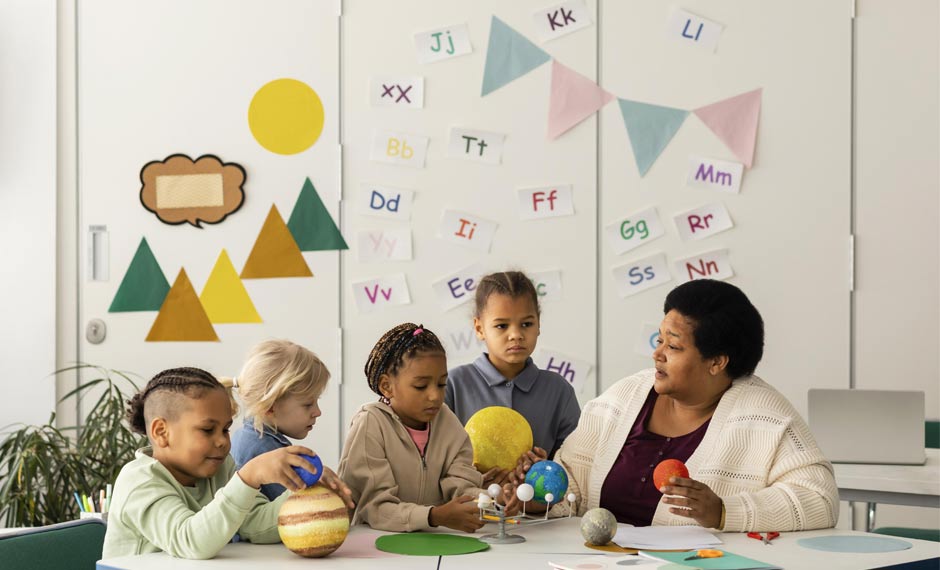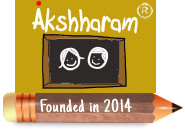Education in the Early Childhood Years: Importance & Benefits

As parents of young children, we often find ourselves thinking about the best ways to provide them with a strong foundation for success. The answer is quite simple: high-quality early childhood education. These formative years play a key role in shaping a child's future, offering them opportunities to develop essential skills and knowledge that will serve them throughout their lives.
But, why does early childhood care and education hold such importance? The phase spanning from birth to eight years old is a time of incredible brain development for children. During this time when children are growing, there's a great chance to learn many things that will help them throughout their lives. When kids are healthy, safe, and learn well when they're young, it really helps them do their best when they're grown up. This also helps them be a part of the community, and get along with others in a helpful way.
Early childhood education, also called ECE, is a special learning time for young kids. It happens when they are three to five years old and is sometimes called nursery school, daycare, preschool, or pre-kindergarten. These places help them learn how they get along with others, move their bodies, think, and handle their feelings. All these important things they learn in class help them as they grow up and deal with different situations in life. Even though it has different names, the main goal is the same: to help kids get ready for regular school. During this time, kids get special attention and teaching that helps them do well in the future.
Benefits of Early Childhood Education in India:
1. Learning the Value of Education:
Early education in preschools or child care centers instills a deep appreciation for the significance of education and lifelong learning. Through social experiences, children learn to hold independence while cultivating a positive attitude towards education. This positive mindset sets them on a path toward academic achievement and success in various facets of life.
2. Building a Strong Foundation:
Early childhood care and education facilitate the development of vital social skills. These skills serve as the building blocks for healthy relationships, allowing children to interact harmoniously with their peers. Through sharing, listening, and expressing emotions, children cultivate friendships and begin to establish their identities, essential for future endeavours.
3. Helping kids become emotionally strong:
When young kids go to preschool or childcare from age 2 to 3, they learn to handle their feelings better. They also get enhanced attention skills compared to their peers. They also exhibit better emotional management, a skill that proves valuable throughout their lives. The benefits extend to parents as well, who gain emotional, financial, and social rewards from the relationships formed with fellow parents and families within the childcare community.
4. Inculcating Good Habits:
The impact of early education goes beyond academics, as it aids in cultivating everyday healthy habits. From washing hands before meals to brushing teeth, these habits become routine, contributing to holistic childhood development. These habits not only prepare children for kindergarten but also simplify family life.
5. Developing Learning Skills:
Learning to read, write, and count is just the beginning of developing learning skills. Early education encourages learning through visual aids, storytelling, drawing shapes, and hands-on activities like pouring sand into containers. These skills lay the foundation for success in literacy and numeracy tests during primary school and beyond. The impact of early childhood education is far-reaching, extending across a lifetime.
Language Learning at An Early Age
In addition to regular school subjects, introducing languages to kids when they are young is a great idea. It isn't just about learning another language. It also helps with thinking skills like problem-solving and memory, and it improves how you communicate and understand different cultures.
Studies have shown that when kids learn a new language when they're young, their creativity, thinking abilities, and open-mindedness improve a lot. This naturally supports their regular education. The way we think and learn starts in the first three years of life.
Recognising this, Akshharam Online Malayalam Language Learning School offers fun and interactive online Malayalam classes for kids aged 5 and up. Through private and group lessons online, we use the best methods to help each student learn to read, write, and speak Malayalam.
Investing in a Bright and Beautiful Future
We all want the best for our kids. Starting their education early is smart. The importance of this phase cannot be understated, as it moulds young minds, instills lifelong values, and equips children with the skills necessary for a successful and fulfilling life. Just like sponges, children absorb new behaviors, experiences, and words at this stage, with astonishing speed.
If you wish a bright future for your kid, consider enrolling them in early education centers. Also, if you want to help them with Malayalam language skills, enroll them in a beginner Malayalam learning class online at Akshharam. It's a great start to learn language while having fun!
